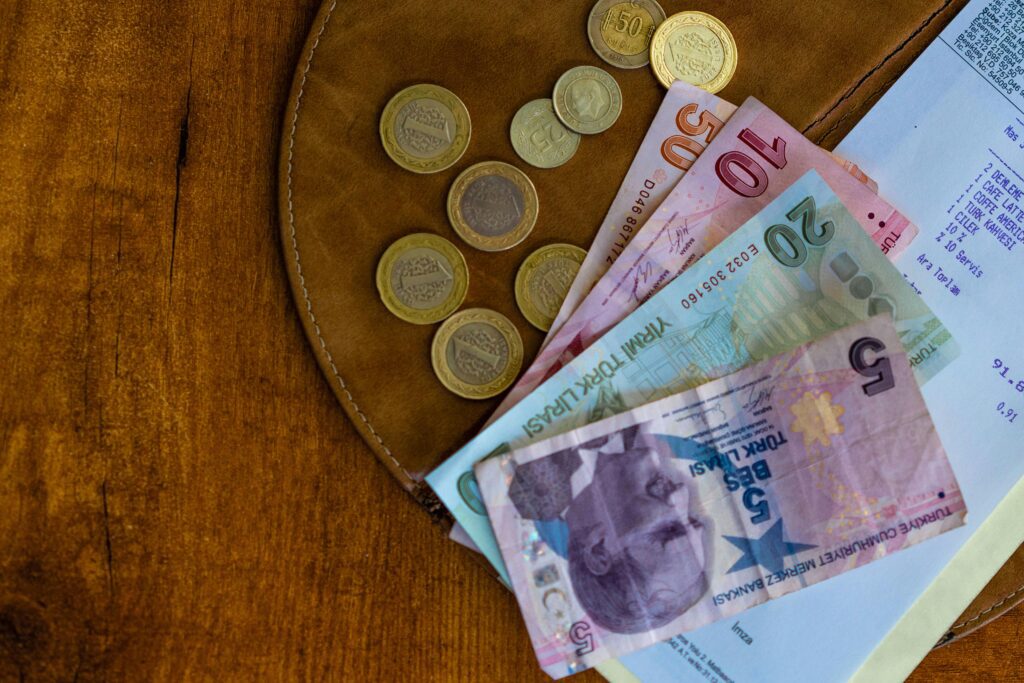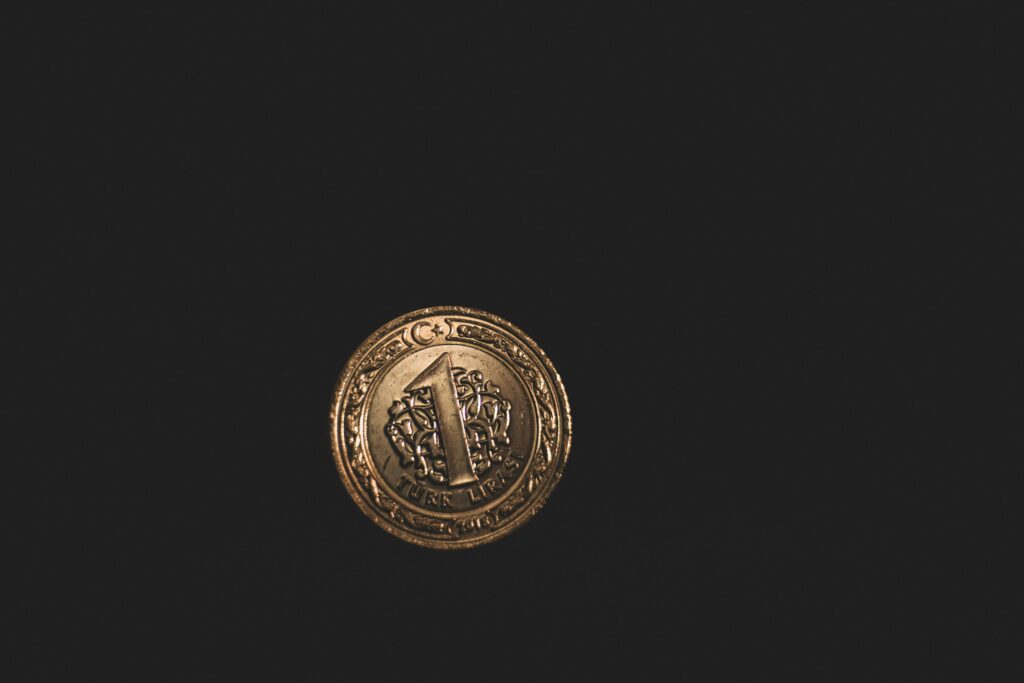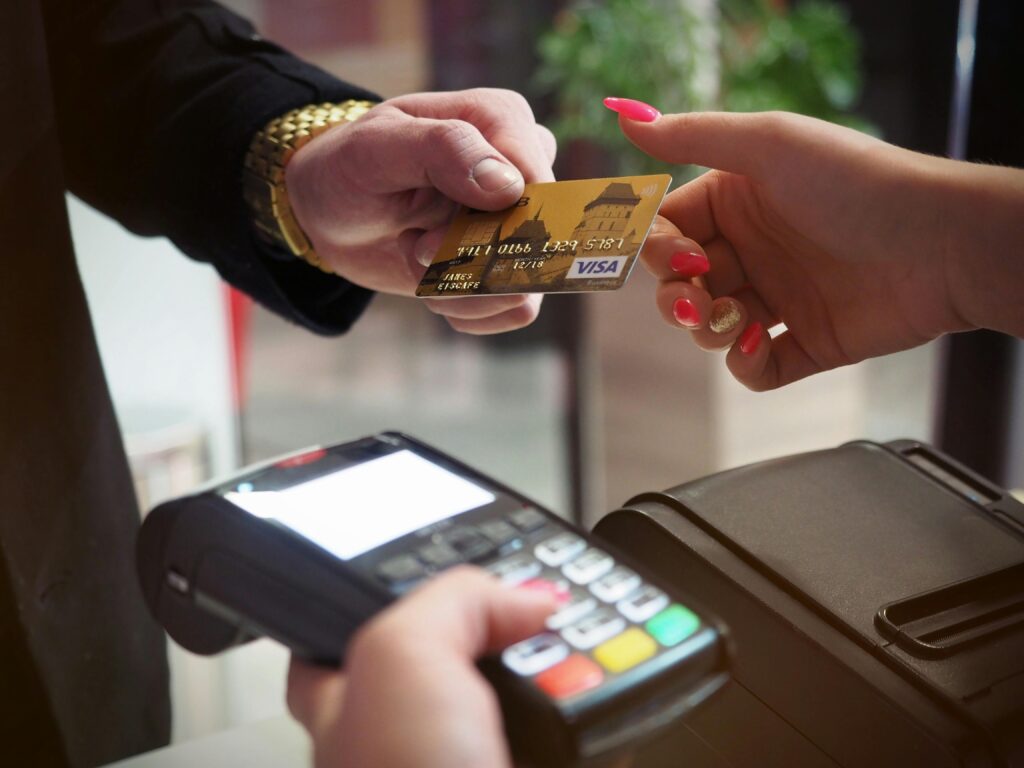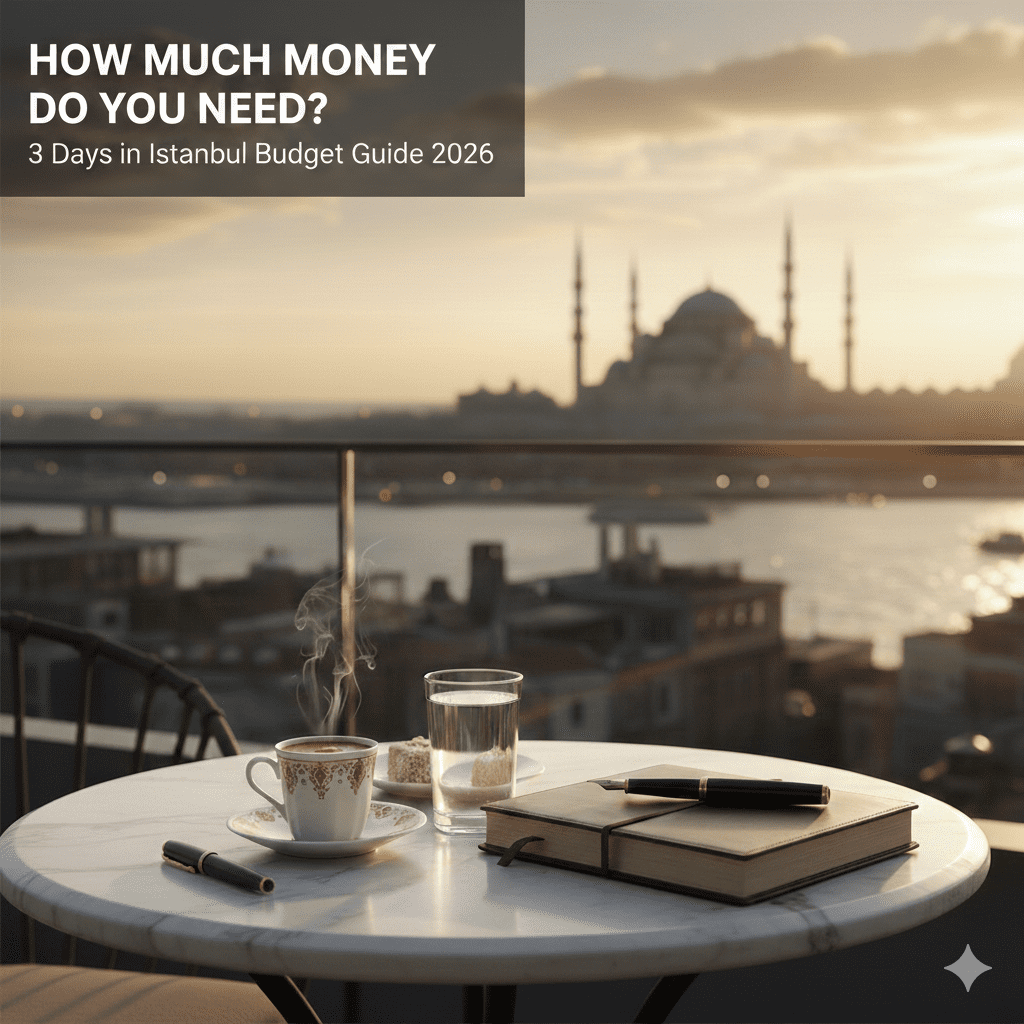Money Matters in Istanbul: Using Lira, Cards, ATMs & Tipping (2025 Guide)
Visiting Istanbul? Your 2025 guide to using Turkish Lira (TRY), credit cards & ATMs. Learn where to exchange money safely, avoid fees, and understand tipping etiquette.
Welcome to Istanbul! As you prepare to explore this incredible city, understanding how money works is key to a smooth trip. From the local currency to using cards and knowing when to tip, navigating finances doesn’t have to be complicated.
This guide covers everything you need to know about money matters in Istanbul for 2025: the Turkish Lira (TRY), credit and debit card usage, finding and using ATMs (Bankamatik), the best ways to exchange currency, and the local tipping customs (bahşiş). Let’s make sure you’re financially savvy for your Istanbul adventure!
1. The Currency: Turkish Lira (TRY / ₺)
The official currency of Türkiye is the Turkish Lira (Türk Lirası).
- Symbol: ₺
- Code: TRY
- Subunit: 1 Lira = 100 Kuruş (You’ll mainly encounter Kuruş as small coins, though they’re less common in daily transactions now).
- Banknotes: Commonly used notes are ₺5, ₺10, ₺20, ₺50, ₺100, and ₺200.
- Coins: You’ll use ₺1 coins frequently, along with 50, 25, 10, and 5 Kuruş coins.
While cards are widely accepted, it’s essential to carry some cash (Turkish Lira) for smaller purchases like water, snacks from street vendors, local markets, taxis, and tipping.
2. Using Credit & Debit Cards
Credit and debit cards are widely accepted across Istanbul, especially in establishments catering to tourists.
- Where to Use: Most hotels, restaurants (except perhaps very small, local eateries), supermarkets, modern shops, museums, galleries, and official transport ticket machines accept cards.
- Common Cards: Visa and Mastercard are universally accepted. American Express (Amex) is accepted in fewer places (mainly larger hotels and upscale restaurants). Discover is rarely accepted.
- Inform Your Bank: Before traveling, notify your bank or card issuer of your travel dates to prevent your card from being blocked for suspicious activity.
- Foreign Transaction Fees: Check with your bank about their fees for international transactions. Some cards have zero foreign transaction fees, which can save you money.
- !! IMPORTANT: Dynamic Currency Conversion (DCC) !! When paying by card, the terminal might ask if you want to pay in your home currency (e.g., USD, EUR, GBP) or in Turkish Lira (TRY). ALWAYS choose to pay in TURKISH LIRA (TRY). If you choose your home currency, the machine uses a less favorable exchange rate (DCC scam), costing you more. Politely insist on being charged in TRY.
3. Withdrawing Cash from ATMs (Bankamatik)
ATMs, known locally as “Bankamatik”, are ubiquitous throughout Istanbul.
- Availability: You’ll find them outside banks, near metro stations, in shopping areas, and even at the airports.
- Safety: Prefer ATMs attached to bank branches, especially during daylight hours. Always shield your PIN and be aware of your surroundings. Avoid standalone ATMs in dimly lit or isolated locations.
- Recommended Banks: Using ATMs from major, reputable Turkish banks is generally safe and reliable. Look for:
- İş Bankası
- Garanti BBVA
- Akbank
- Yapı Kredi
- Ziraat Bankası (State bank)
- Halkbank (State bank)
- Vakıfbank (State bank)
- International banks like HSBC or ING also have ATMs.
- Fees: Be aware of potential fees:
- Your Home Bank: May charge a flat fee per withdrawal and/or a percentage as a foreign transaction fee. Check their policy.
- Local ATM Fee: The Turkish bank owning the ATM might charge an additional access fee (this varies between banks and sometimes depends on partnerships). The ATM should notify you of this fee before you complete the transaction, giving you a chance to cancel.
- Withdrawal Limits: Your bank likely imposes a daily withdrawal limit. The local ATM might also have its own per-transaction limit.
- !! DCC at ATMs !! Similar to card payments, some ATMs might offer to convert the withdrawal amount to your home currency. ALWAYS DECLINE this offer and choose to withdraw in TURKISH LIRA (TRY). Let your own bank handle the conversion for a better rate.
4. Exchanging Foreign Currency (Döviz)
While withdrawing Lira from an ATM is often convenient, you might also want to exchange cash you bring from home (major currencies like EUR, USD, GBP are best).
- Best Places to Exchange:
- Exchange Offices (Döviz Bürosu): These are numerous in tourist areas (Sultanahmet, Taksim, near the Grand Bazaar, Istiklal Street) and commercial centers.
- Compare rates: Look at the ‘BUY’ (Alış) rate for TRY against your currency displayed on the electronic boards. Compare a few offices nearby.
- Look for “Commission Free”: Most reputable offices don’t charge a separate commission fee, but confirm by asking “Komisyon yok mu?” (No commission?). Their profit is in the spread (difference between buy/sell rates). Look for offices with a smaller spread.
- Banks: You can exchange currency at banks, but their hours are more limited (typically weekdays 9 am – 5 pm, closed for lunch), and their rates might be slightly less competitive than the best exchange offices.
- Exchange Offices (Döviz Bürosu): These are numerous in tourist areas (Sultanahmet, Taksim, near the Grand Bazaar, Istiklal Street) and commercial centers.
- Places to Avoid (or Use Only for Emergencies):
- Airports (IST / SAW): Exchange rates here are notoriously poor. Only exchange a very small amount if you desperately need cash immediately upon arrival (e.g., for a bus ticket if card machines aren’t working).
- Hotels: Rates offered are generally unfavorable compared to exchange offices or banks.
- Tips: Exchange only what you anticipate needing for a few days. Avoid street exchangers. Keep your exchange receipts. Bring crisp, unmarked banknotes of your home currency for exchange.
5. Tipping Etiquette (Bahşiş) in Istanbul
Tipping (Bahşiş – bah-SHEESH) is customary and appreciated for good service in Turkey, but it’s generally more modest than in countries like the USA. It’s usually done in cash (TRY).
- Restaurants:
- Check the Bill: Look for a “Servis Ücreti” (Service Charge), often 10-15%, which might already be included, especially in more tourist-oriented or upscale restaurants. If it’s included, no additional tip is required, though rounding up the total slightly is still a nice gesture.
- No Service Charge: If service was good and no charge is included, 5-10% of the bill is a standard tip. Leave it in cash on the table or in the bill folder. Tipping via credit card isn’t common practice.
- Taxis: Simply rounding up the fare to a convenient figure is appreciated. (e.g., Fare ₺92 -> pay ₺100). No need for a percentage unless they provide extraordinary help (heavy luggage, long wait).
- Hotels:
- Porters (Bellhops): ₺20-₺40 per bag depending on hotel standard.
- Housekeeping: ₺40-₺60 per day, left clearly in the room (e.g., on the pillow or desk) before checking out or daily.
- Concierge: Tip for specific helpful services arranged (booking hard-to-get tickets, etc.), amount depends on the service.
- Tour Guides: For good private or small-group tours, a tip is customary. Consider ₺100-₺200 per person for a full-day tour as a guideline, adjusting based on group size and satisfaction. For free walking tours, tipping generously is expected as it’s their main income.
- Hamams (Turkish Baths): Attendants who provide the scrubbing (kese) and massage services rely on tips. 10-15% of the service cost is appropriate for good service.
Navigating money in Istanbul is straightforward once you know the basics. Use a combination of credit/debit cards for larger expenses (always paying in TRY!) and Turkish Lira cash withdrawn from reputable ATMs or exchanged at fair rates for smaller purchases and tips. Remember the tipping customs are modest but appreciated for good service.
By following these tips, you can manage your finances confidently and focus on enjoying the incredible sights, sounds, and tastes of Istanbul!








